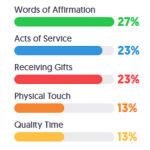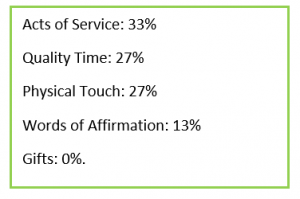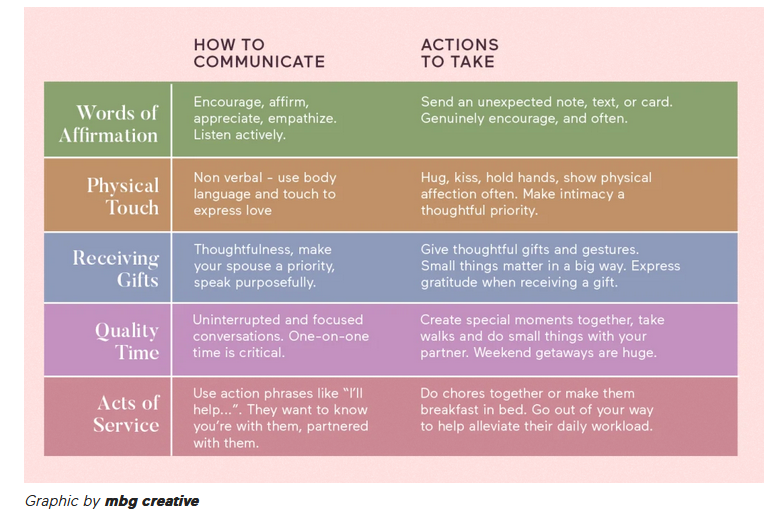Well, it turns out, that the quality of your relationships is key.
“The surprising finding is that our relationships and how happy we are in our relationships has a powerful influence on our health,” said Robert Waldinger, director of the study, a psychiatrist at Massachusetts General Hospital and a professor of psychiatry at Harvard Medical School. “Taking care of your body is important, but tending to your relationships is a form of self-care too. That, I think, is the revelation.” *
The article goes on to say,
“Researchers …found a strong correlation between men’s flourishing lives and their relationships with family, friends, and community. Several studies found that people’s level of satisfaction with their relationships at age 50 was a better predictor of physical health than their cholesterol levels were.”
How reliable is this study?
This information is from the famous Harvard Study of Adult Development, a longitudinal study of men (women were not in the study as in in 1938 women were not allowed in Harvard.) They followed these participants, and then later descendants, for over 80 years.
It is one of the world’s longest studies of adult life, researchers have collected a cornucopia of data on their physical and mental states.
It goes to show the power of supportive relationships (and love) to decrease stress and increase happiness.
It is for this reason, I have started with the first category of “relationships” in the wellness chart, I created in the last blog. I am going to narrow the topic and focus on my primary relationship with my husband.
Have You Heard of the Love Language?
A few years ago, for fun, I had taken a quiz on my love language. The love languages are a popular theory, first developed by Gary Chapman, Ph.D., for helping people in relationships understand each other’s needs and how they differ from each other. If you are interested here is the link.
https://5lovelanguages.com/quizzes/love-language
For this month, I took the love language quiz again and persuaded ‘A’ to do the same. The results for myself are on the left and my husband’s on the right.


If I compare and contrast the two lists, there are some similarities with ‘Acts of Service’ being high for both of us, although for ‘A’ it is the highest. But for me, ‘Words of Affirmation’ are more important.
For example, in simple terms, I like getting feedback from my husband that were are doing well, on the right track for our plans for the future. For ‘A’ it is not so much the words and discussing things, but acts that show appreciation, e.g., cooking dinner, going cross-country skiing together, arranging things to travel to his Mother’s – buying groceries, etc.
The concept is that how we show love or interpret love can be different.
And for this month’s experiment, I am going to try to demonstrate more of A’s love language – ‘Acts of Service’ and ‘Quality Time’. For some more ideas for what this love language means, a chart is posted below.

If your partner’s love language is Act’s of Service, what can you do?
People with this love language see meaning in actions and feel loved when their partner is really making an effort for their sake.
If I apply this to my relationship, for the month of February, the activities I am thinking of are:
- Make dinner at least 50% of the time for each week. I have really let this slide to ‘A’ cooking dinner most nights as he is such a good cook. But I know he really appreciates it when I cook. I will make more of an effort.
- Help more with grocery pick-up at Superstore. He dislikes going over there and I could do this.
- Find more chores that I could do or share that takes the load off of his plate.
If your partner’s love language is Quality Time, what can you do?
Quality time is the time two people spend together really enjoying each other’s company. People with this love language really value partners who make plans regularly, show up, and just want to spend tons of time hanging out with them, whether it’s a fancy date night or chilling on the couch watching Jeopardy (A’s favorite).
If I apply this to my relationship, for the month of February, the activities I am thinking of are:
- Commit to going out each week with “A” when he goes cross-country skiing (weather permitting). I usually make the excuse I am too busy with work. But I know I can schedule things to make this a reality.
- Plan together our upcoming trip in PEI of biking/walking around the island. (700 km’s) This is another situation, where ‘A’ is so good at logistics that I let him do most of the organizing. But I know he really appreciates it when I am in there looking at it with him.
- Try one new ethnic restaurant/shop per week. I know ‘A’ really enjoys this as he says he takes him away to somewhere else i.e. we love to travel and part of this experience is the food, so it reminds us of our travels when we eat or shop at ethnic places.
I hope my examples can help with your own experiment with using the love languages. Stay tuned for the end of the month as I will report in the blog, how it all went.
Live well,

* https://news.harvard.edu/gazette/story/2017/04/over-nearly-80-years-harvard-study-has-been-showing-how-to-live-a-healthy-and-happy-life/
